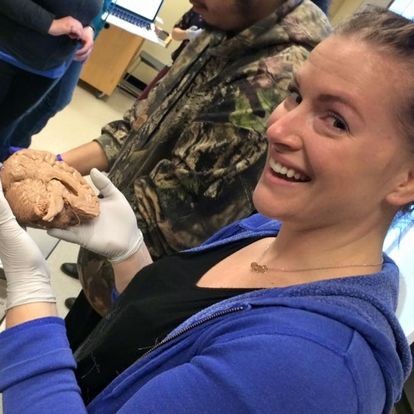We’re excited to introduce you to the always interesting and insightful JPB. We hope you’ll enjoy our conversation with JPB below.
JPB, appreciate you joining us today. What was the most important lesson/experience you had in a job that has helped you in your professional career?
The most important lesson I learned in a job that has helped me both in my professional career and in life in general is to quit as soon as possible. This is contrary to what we learn in our society and an unpopular opinion but hear me out.
Growing up I was taught that quitters never win and winners never quit. I was determined to never quit anything because I wanted to win. I refused to quit jobs in toxic environments and relationships that were damaging for fear of being a quitter which I equated with being a loser.
Somewhere along the way I was introduced to the idea that quitting the things that don’t serve you as soon as possible helps us to learn what we don’t want, not waste so much time there, and move on to the things we are truly aligned with.
Coming out of undergrad I dreamed of having a job in a neuroscience lab and eventually getting published in a journal with the ultimate goal of moving into a Ph.D program.
After getting into a lab, working on a research project and co-authoring a paper I realized this was once a dream and I hated it. I liked the idea of this job before I knew what it really was. Quitting this job was challenging to my identity that I had centered around the achievement of academic status and that was terrifying.
Although it was not easy, I’m proud of myself for moving away from something that was not aligned with what I truly wanted to be doing, which is helping people on a more personal level. This is why I started Brain-Body Resilience, so that I can share the knowledge I have to benefit a larger group of people to understand the ways we can help ourselves through the struggles of stress and anxiety.
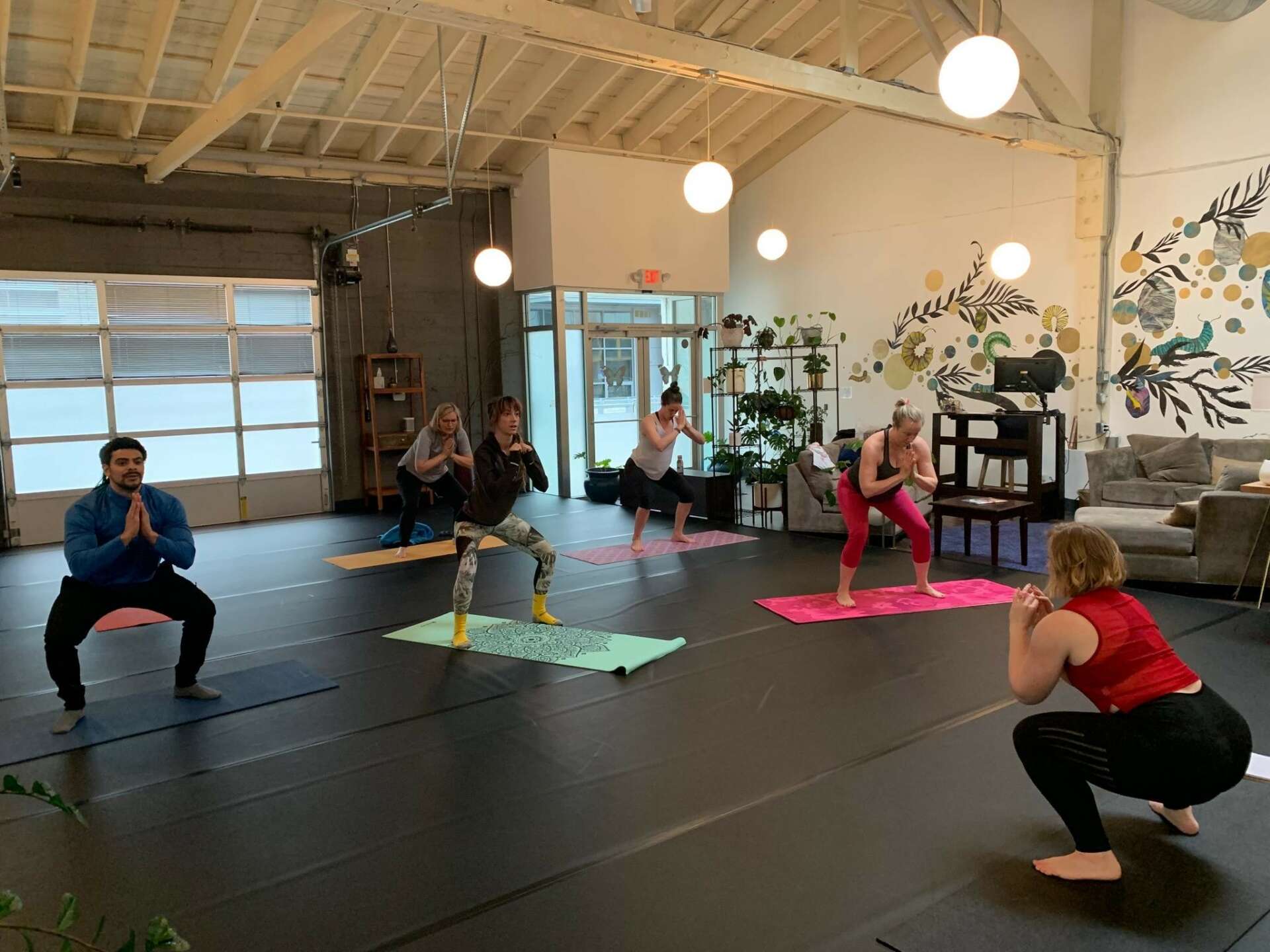
Great, appreciate you sharing that with us. Before we ask you to share more of your insights, can you take a moment to introduce yourself and how you got to where you are today to our readers.
I started Brain-Body resilience as a way to let my knowledge of the brain, body, and physiological effects of stress serve more people. Gaining my degree in neuropsychology and later working in neuroscience research I learned how to interpret research and synthesize complex information about the human experience in a way that makes sense to those not steeped in science.
I work with folks individually to increase their understanding of their own bodies and how to build a better relationship with the inevitable stress we face in day to day life, learning tools to self-regulate through stress and anxiety. Another way to work with me is through speaking engagements, I love guest teaching for other providers to add a sciency perspective and touch on the importance of stress management for all areas of health and well-being.
I love what I do because my deep dive into the ways stress affects our overall health comes from my own stress related illness through most of my life. I visited doctors who simply said “have less stress” not knowing that was possible or how to even start that when my life was full of stress and anxiety I couldn’t see my way out of. I felt hopeless.
I’m proud to share these tools to help better understand how stress affects us and the agency we have to interrupt that cycle. I understand not just the science perspective, but through very personal lived experiences with long term stress.
The most important thing I want people to know is that we all have the ability to affect change in our lives, to navigate all aspects of being a person in this world where stress is around every corner, you don’t have to be engulfed by it.
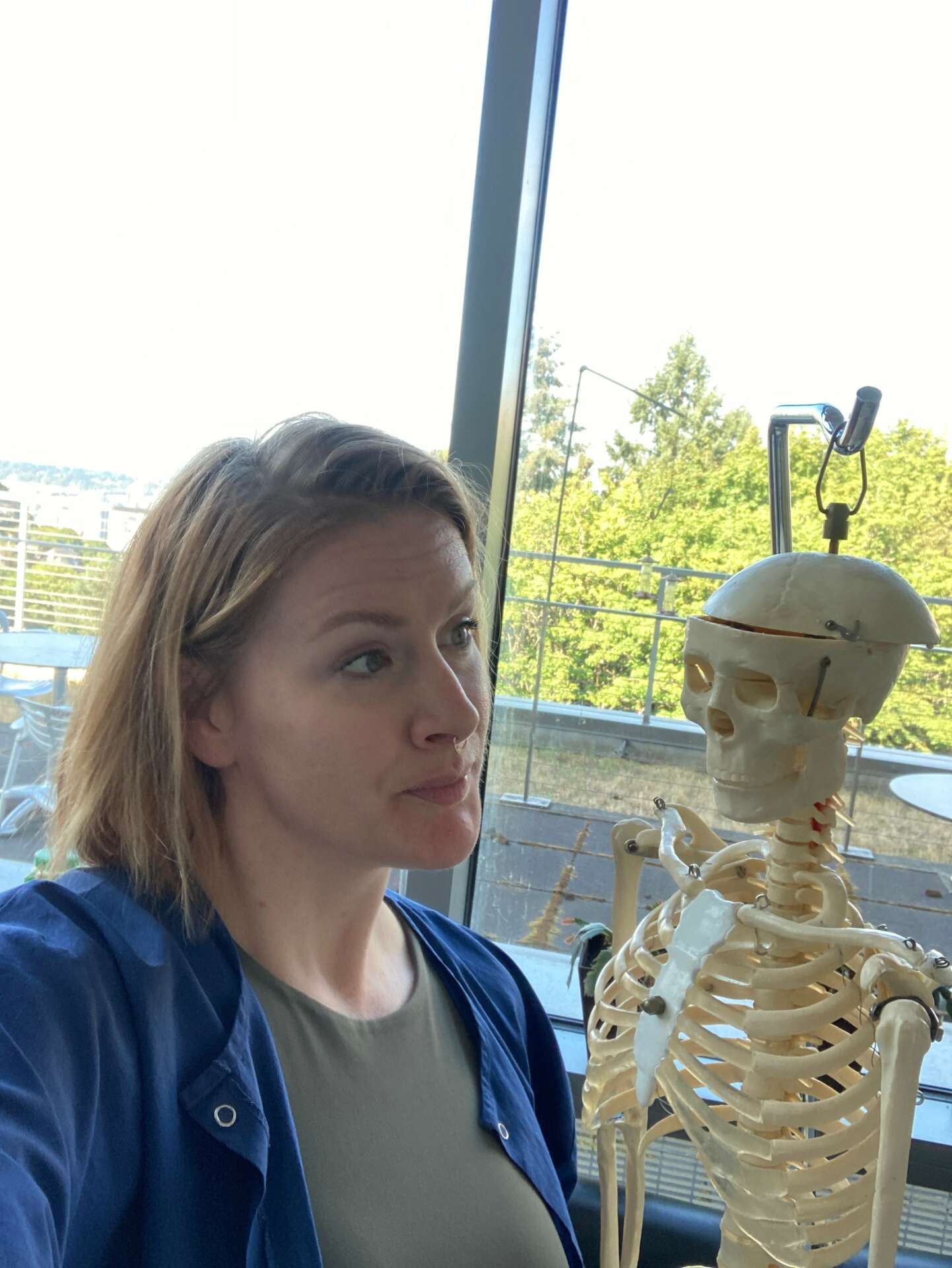
Training and knowledge matter of course, but beyond that what do you think matters most in terms of succeeding in your field?
Besides training and knowledge, which are absolutely important in this field of “wellness” where there is so much misinformation and poor practice, the most helpful thing you can do to succeed is to listen. Truly listen to what your people need instead of assuming you know, or trying to prove what you think you know, and refer out as much as possible. If you aren’t equipped with the proper tools to help, you can still help them by referring out to someone who can.
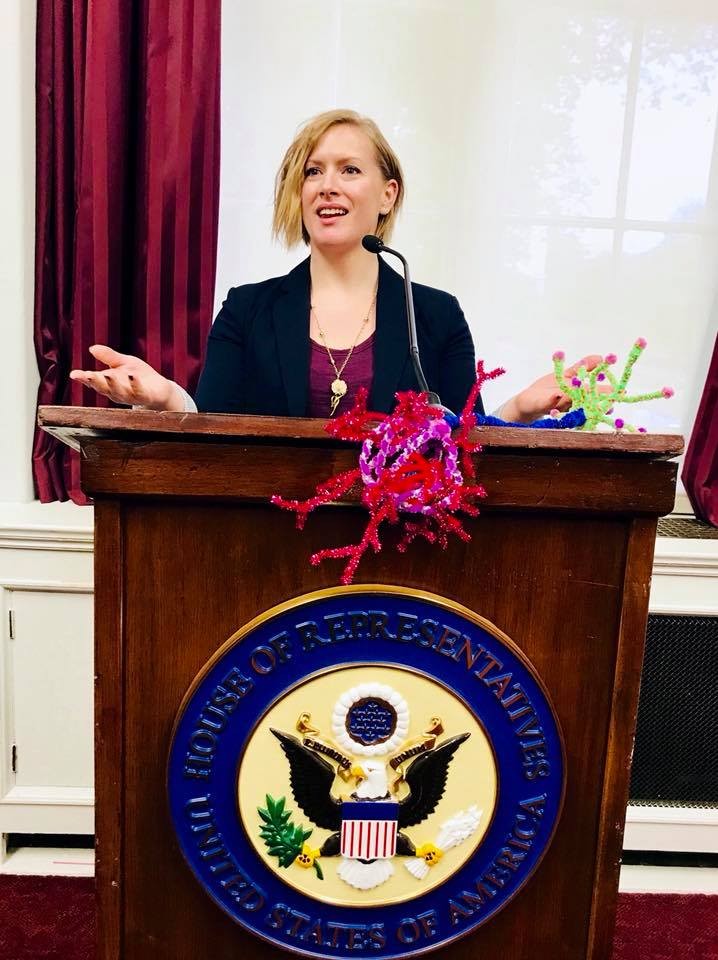
Have you ever had to pivot?
Shortly after I started Brain-Body Resilience the world shut down for an indeterminable amount of time. I started hosting workshops in 2019 and COVID hit in early 2020. I, like so many had to figure out how to adapt and evolve to business online. I was incredibly uncomfortable at first and then realized I loved being able to expand my reach. I have worked with people all over the world because of my switch to online business.
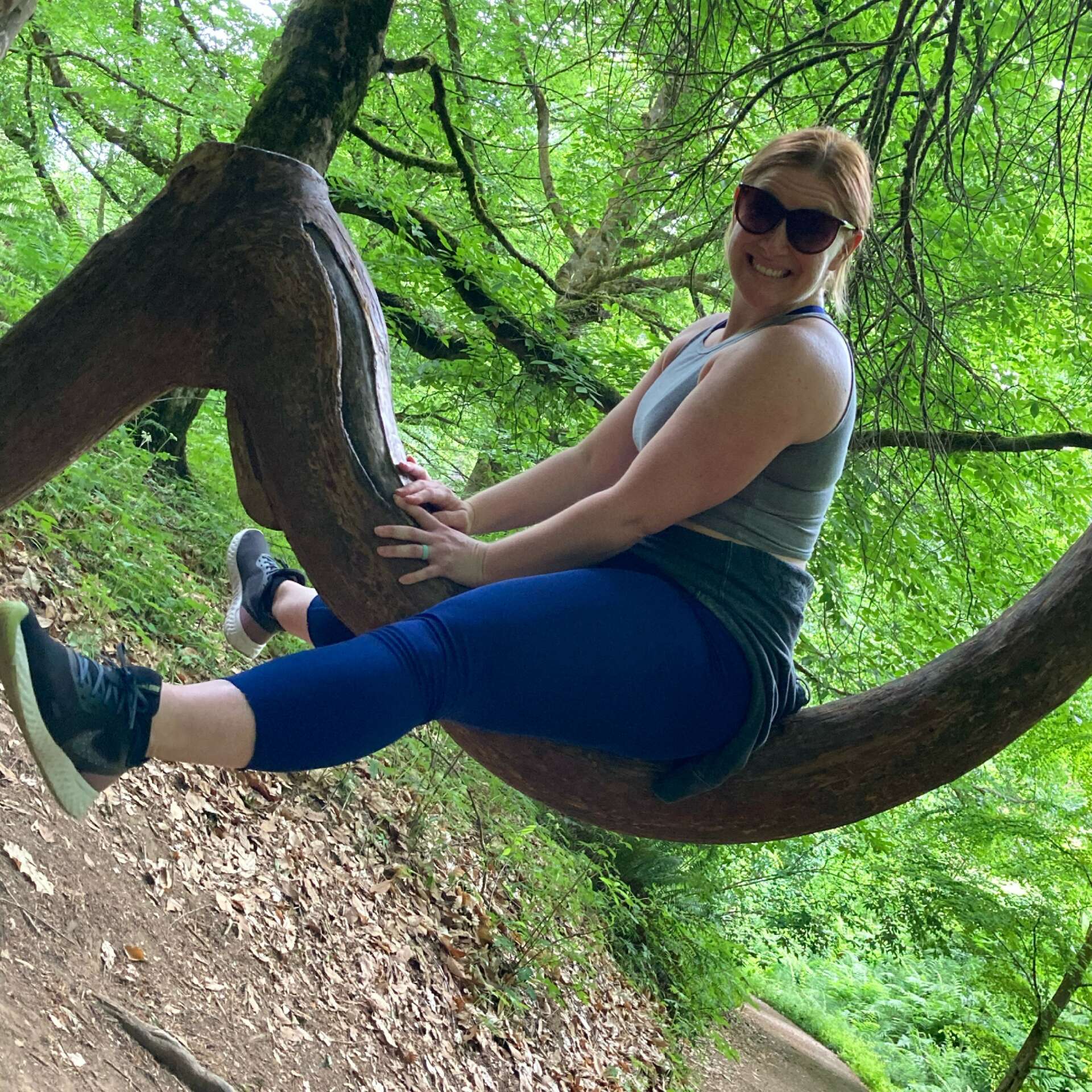
Contact Info:
- Website: www.brain-bodyresilience.com
- Instagram: jpb.brainbodyresilience.com
- Linkedin: Jessica Patching-Bunch


